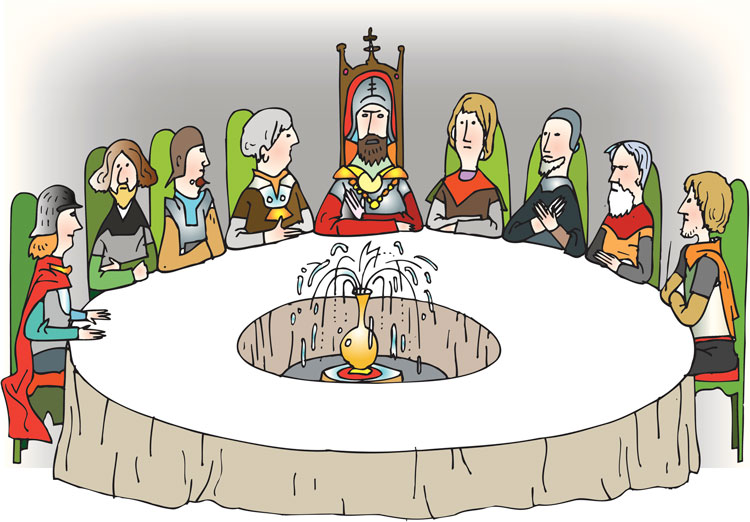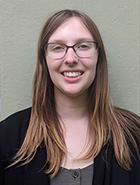
Most of us have heard stories of the Knights of the Round Table. They were characters in the legend of King Arthur’s kingdom. The tale says that only the best knights in the kingdom were allowed to sit at the table. Its shape was unique for its time period, and it signified that every person who sat around it was seen as trustworthy and equal.
While King Arthur’s knights may have been largely fictional, the idea of a round table where everyone is equal, trustworthy, and chivalrous has persisted for centuries. The Farm Foundation has such a group.
The Farm Foundation is intended to act as a catalyst for innovative discussions and practical solutions in agriculture. Though this may seem lofty, they leverage nonpartisan dialogue, information, training, and stakeholders from all parts of the industry to make this statement a reality.
I was one of six chosen Cultivators who were selected from a competitive pool of undergraduate students originating from North American Land Grant colleges and universities.
The Farm Foundation is fueled by this statement: “Our mission is to build trust and understanding at the intersections of agriculture and society.”
It is this sentence that resonates most with me, and it guided my participation as a Farm Foundation Cultivator.
While the Farm Foundation conducts many meetings and has several different events and purposes throughout the year, I was fortunate to partake in the round table discussion, which is an invitational group that brings together leaders from across the globe to discuss the food and agricultural sectors. This year we talked about COVID-19 and how we thought the agriculture world might adapt as a result of the pandemic.
I heard from leaders in industries spanning agriculture, technology, policy, youth organizations, and so many more. I gave a presentation on agriculture communications, understanding consumers, and nourishing agricultural knowledge to a group of people who valued what I had to say, and who were not afraid to challenge me with inquisitive questions. Despite the necessitated virtual format, I was able to interact with members of the discussion group and receive feedback on my presentation.
One of the most intriguing parts of the Farm Foundation that I found was its commitment to being nonpartisan. Agriculture is essential to our lives at least three times a day, realistically more. Our ability to produce our own food is a vital part of our national security. It is not an issue that should be polarized. This commitment led to open and honest conversations about what needs to change in our industry to make it so that we can improve based on the weaknesses that this pandemic exploited.
Going into this program, I was unsure that two 90-minute Zoom meetings would provide any solutions or expedite any innovative, sustainable, and practical solutions for agriculture. Having fully participated, I can say that it certainly did.

Abbie Cox grew up in Cato, N.Y. on a first-generation dairy farm and currently attends Cornell University as a member of the class of 2021, majoring in animal science with a minor in education and a focus in dairy. On campus, she is involved with the Cornell University Dairy Science Club, Sigma Alpha, Collegiate Farm Bureau, and is a Peer Adviser with CALS Student Services. Cox has interned with the MILC group, the Animal Agriculture Alliance, and is the 2020 Hoard’s Dairyman summer editorial intern.